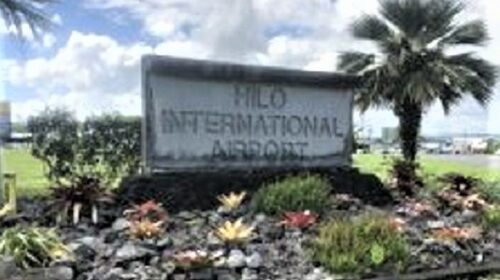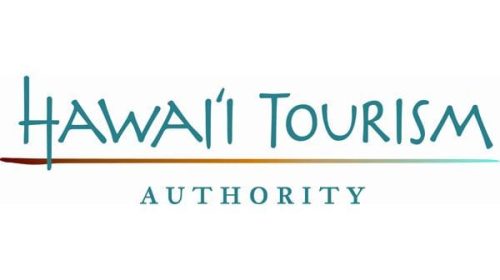Honolulu Celebrates Milestones in Addressing Homelessness
Today, the Department of Community Services and the Mayor’s Office of Housing celebrated the construction completion of the Pūnāwai facility and its key successes to providing care, compassion, and recovery to persons experiencing homelessness on Oʻahu.
Pūnāwai is a four-story building in the heart of ʻIwilei designed to address the comprehensive needs of Honolulu’s homeless community, and it offers a diverse range of support. Named after the healing waters that run under the Kūwili Street location, Pūnāwai brings together community-based partners through a hygiene center (ground floor), clinic (mezzanine), respite (second floor), and permanent supportive housing component (third floor).
Located at 431 Kūwili Street in ʻIwilei, the Pūnāwai blessing included City officials, with community advocates, staff and guests participating virtually. In addition to dedicating the building, the second anniversary of the Pūnāwai Rest Stop was celebrated with its operating partner Mental Health Kokua. The Rest Stop serves 2,500 unduplicated individuals each year, placing more than 100 people into housing annually, delivering more than 6,000 case management contacts and offering showers, toilet access, laundry services, veterinary checks for pets, and postal service.
Pūnāwai Rest Stop has been instrumental in placing individuals into permanent housing, as well as providing employment and treatment. As of September 2020, 50 individuals have found employment through the services offered at Pūnāwai, and 97 people have entered into substance abuse treatment.
Hale Pūnāwai located on the top floor of Pūnāwai will provide permanent supportive housing. In partnership with Steadfast Housing Development Corporation, the City anticipates leasing all 21 units by the end of the year.
Finally, the Pūnāwai Clinic started renovation work to build out the clinic in the spring of 2020. However, efforts were pulled in other directions in response to the COVID-19 pandemic. Pūnāwai Clinic and Respite is anticipated to open for modified service in January 2021, with the full clinic anticipated to open in the summer of 2021.
In addition to celebrating the completion of the construction of Pūnāwai, Mayor Caldwell and his team shared the City’s achievements of the Housing First program. The City funds 315 Housing First vouchers that are contracted in three increments.
Mayor Caldwell reported that 326 persons have received Housing First services from December 2014 to 2019 via Increment I contracted to the Institute of Human Services.
Of the 326 clients, 137 have exited (42 percent). As of December 2019, 189 people were enrolled in the program.
The majority of clients who have exited to permanent housing, entered the Housing First program in year one and exited in year four or five, suggesting the time required to achieve housing stability is three to four years.
Clients reported improvements in mental and physical health.
Overall, 92 percent of all Housing First clients have not returned to homelessness.
“When I came into office in 2013, addressing homelessness and its root causes became a key priority of our administration,” said Mayor Caldwell. “Projects such as the Pūnāwai facility, Housing First rental assistance programs, Hale Mauliola navigation shelter, mobile hygiene trailers, and with the pandemic, Temporary Quarantine and Isolation Centers, are some of the many tools the City developed and implemented to assist those most in need by providing them a hand up. These key initiatives, which are guided by our local upbringing of helping others with compassion, accountability and aloha, are only possible with community buy-in and the support of the City Council leadership.”
“As the Councilmember whose district contains the most public housing units on island and which has been impacted most by persons experiencing homelessness, it would have been easy to have redirected a facility like Pūnāwai to another neighborhood,” Councilmember Joey Manahan said. “Our community decided that instead of ignoring the problems, we would face them head on and identify best practices from throughout the world and bring them home to help our neighbors in need. The Pūnāwai Rest Stop is an example of a Seattle model, and I thank the Mayor for embracing my concepts and making them happen.”
“Understanding each individual’s story and journey to homelessness helps us as a society to assist the most vulnerable members of our community,” said Director Pam Witty-Oakland, Department of Community Services. “Pūnāwai offers physical, emotional and mental support in the form of compassion, counseling and basic human needs. The efforts of the Pūnāwai programs will result in housing, a reduction in substance abuse, and overall improvements of lifestyle. “The Pūnāwai Rest Stop, the Housing First program, and similar programs also ease the strain on our emergency rooms and inpatient hospitals throughout O‘ahu.”




